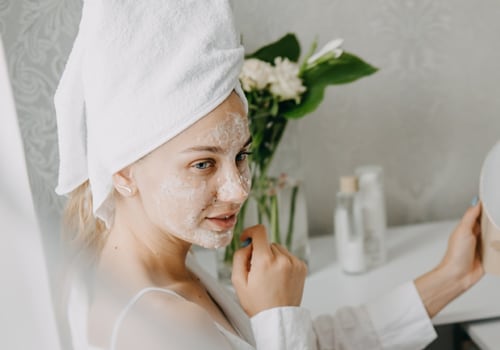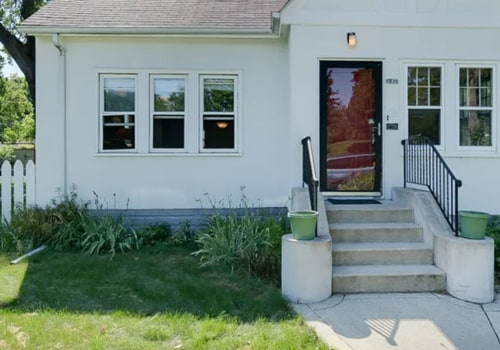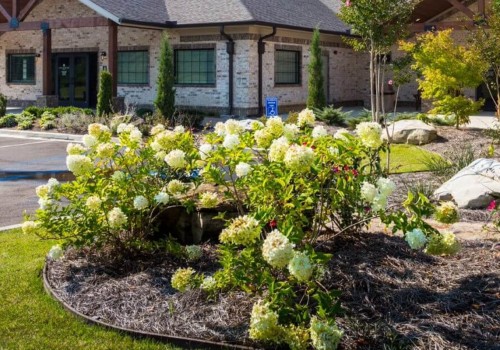Ongoing outpatient counseling is a major form of post-rehabilitation care for people who are recovering. This form of regular counseling or addiction therapy occurs after a person is sober and has already completed addiction treatment. Addiction recovery is a long-term process that continues after treatment ends. Aftercare is any type of ongoing care you receive after you leave rehab.
The most common forms are 12-step meetings, outpatient care, counseling, and sober living. Aftercare can be defined as any type of ongoing care you receive after you leave treatment for addiction. The most common forms are 12-step meetings, ambulatory and partial hospitalization, group counseling, individual therapy, and homes for sober people. The length of aftercare is based on your individual needs; some people participate for weeks or months, while others are committed for a year or more.
Therapy and counseling sessions are held daily (sometimes several times a day) in inpatient rehabilitation centers and are perhaps the most critical part of the process. Continuing therapy and counseling after leaving rehab are equally critical. It is generally recommended that former alcoholics who have been sober attend weekly sessions, gradually reducing the frequency to twice a week and once a month as time goes on and their sobriety becomes safer. Therapy and counseling are especially important for alcoholics with a dual diagnosis with an additional mental health condition, who need treatment for both.
While most sober homes are designed for a temporary residence of less than a year, some offer longer-term options. Homes for sober people often have strict rules, such as the prohibition of substance abuse, mandatory house meetings, periodic drug testing, and participation in household chores. In the post-rehabilitation period, aftercare services provide valuable support to help you maintain your commitment to your recovery goals. In addition to helping prevent relapse, aftercare can ease the burden of managing life only during early recovery.
Aftercare services help you maintain the coping skills you learned in rehabilitation so that you can continue to build a healthy and full life after graduating from a recovery program. Once started, aftercare can continue as long as you commit to living a healthy and meaningful life in recovery. These events can also involve participating in fun activities so you can start enjoying life without using drugs or alcohol. For example, if you don't have sober housing, then finding a sober housing center will be an important component of your plan.
Once you feel restored to your sobriety, you can also start giving back to other people who have just come out of sobriety. While it's difficult to accurately measure the success rate of individual groups, studies have shown that regularly attending a support group substantially increases the likelihood that a recovering alcoholic will remain sober. People who maintain abstinence and sobriety after rehabilitation often attribute their success to participating in aftercare services, such as mutual support groups, 12-step meetings, alumni organizations, or volunteer activities that support sobriety. Sober homes are found in the United States, but are more common on the West Coast, particularly in California.
Homes for sober people, or transition centers, provide a safe and stable environment where rehabilitation graduates can continue to practice their coping skills in a drug- and alcohol-free environment. Developing an aftercare plan early in recovery can help prevent a relapse by providing you with support and allowing you to continue working on issues related to your addiction. Sober homes are drug- and alcohol-free homes that provide a safe and supportive environment for recovery. Technically, aftercare begins once you've completed a recovery program and are ready to make the transition back to your community.
.






